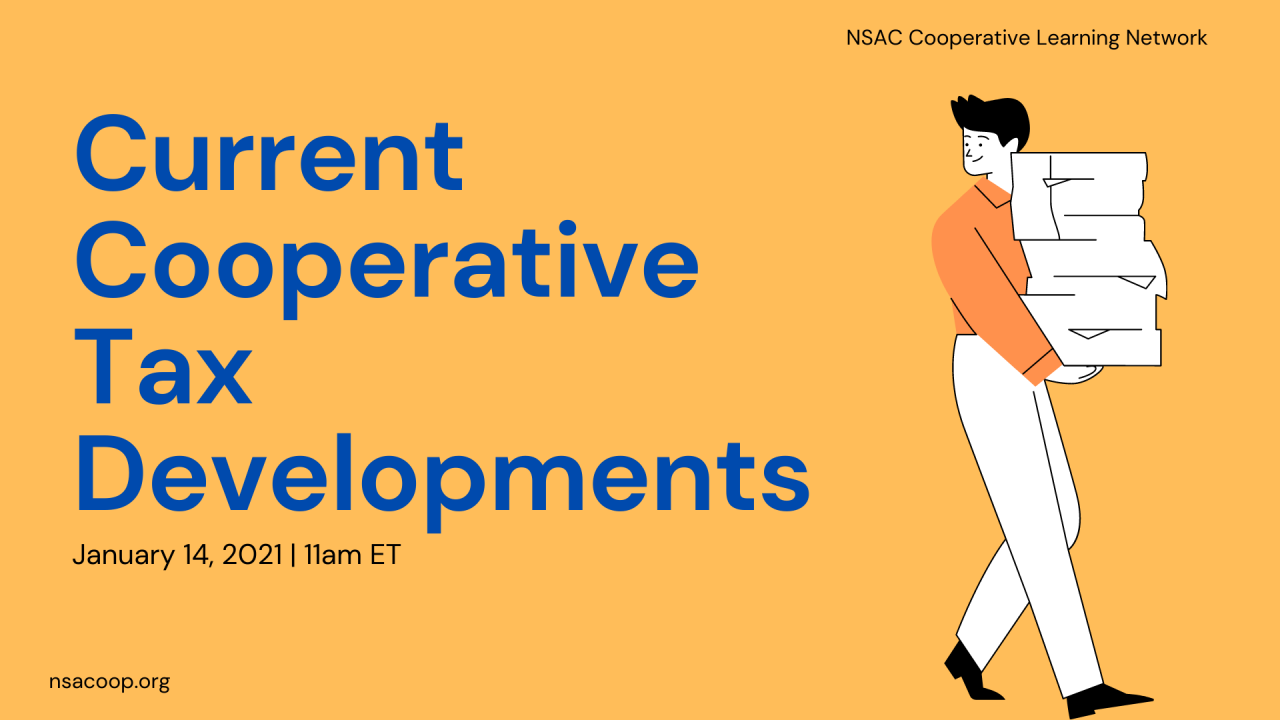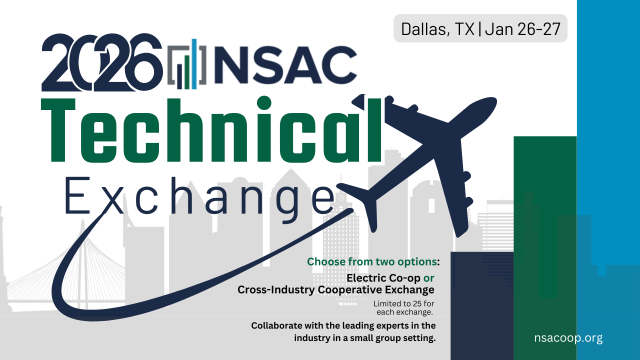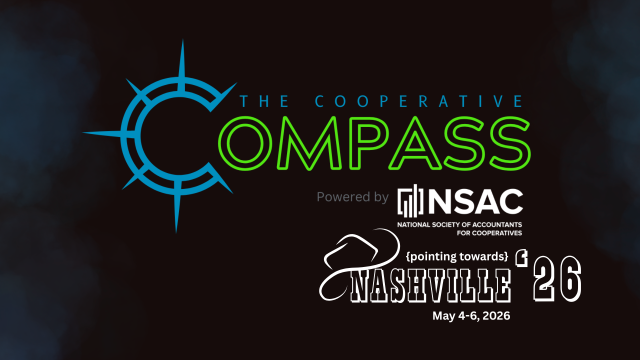
Current Cooperative Tax Developments
Online Event
Join us as George Benson provides Current Cooperative Tax Developments in this 60-minute online CLN via Zoom. Topics that will be covered include a review of tax developments during the past year of particular interest to cooperatives. Participants will gain insight and a review of the tax implications regarding two new private letter rulings addressing capital gains, 163(j) developments, CARES Act changes, final regulations, coop tools for coping with 163(j) and their limitations, tax court decisions in ag procession, PPP loan forgiveness complications for cooperative tax planning, cooperatives and net operating losses, dealing with TCJA net operating loss limitations going forward, 199A(g) and what to look for when the final regulations are issued and more. This session will be a comprehensive review those involved in cooperative tax won't want to miss.
George Benson is an Attorney and Partner with McDermott Will & Emery LLP and advises clients on federal income tax planning, tax controversy and tax litigation matters, particularly in the area of cooperative taxation. George’s tax work for cooperatives covers a broad range of issues that arise for cooperatives from their unique status as corporations operating on a cooperative basis. He advises cooperatives with respect to computing, allocating and paying patronage dividends and per-unit retain allocations in accordance with the rules of Subchapter T. His advice in these areas relates to such matters as determining net income or proceeds available for distribution (including distinguishing between patronage and non-patronage income), determining how net income or proceeds should be shared on a patronage basis among patrons (including using allocation units and pools), handling losses, allocating extraordinary gains, and using qualified and nonqualified written notices of allocation and per-unit retain certificates. Over the years, George has provided assistance to cooperatives whose patronage dividends and per-unit retain allocations have been questioned on audit by the Internal Revenue Service.
George has helped form new cooperatives, convert existing businesses into cooperative forms (and, where appropriate, obtain letter rulings affirming their cooperative status), convert cooperatives into other forms of business, and convert Section 521 cooperatives and Section 501(e) cooperatives into nonexempt Subchapter T cooperatives. He has provided assistance to cooperatives purchasing or selling assets, entering into joint ventures with cooperatives and others, merging with other cooperatives, or going through the process of liquidation and dissolution. He has assisted cooperatives with cooperative tax and other issues that arise when they engage in business outside of the United States. George has helped cooperatives with financing and capital structure issues that arise as a result of the constraints of the cooperative form of business. He has worked on issues arising from the interplay of Subchapter T with the other provisions of the Internal Revenue Code, including those of Subchapter C. He also has advised cooperatives dealing with issues arising when a cooperative is included in a consolidated return.
George writes and lectures frequently on cooperative tax matters and is the editor of the TAXFAX column in The Cooperative Accountant.
NSAC provides access to CLNs to all members as part of their membership dues. For more information about membership, click here.


